Situated in the Iwif Heman lower Denkyira district in the central region of Ghana, the Centre serves as a haven for African stingless bees and also serves as a Research Centre focused mainly on bees. As Bees form an essential part of our natural environment, farmers safeguard these stingless bees.
Located a few minutes away from Kakum National Park, the Centre serves as a tourist attraction. Bees in particular are considered special and so are the stingless bees of the International Stingless Bee Centre. It is of great importance as it seeks to develop honey based medications and manufacture baby colonies for sale to boost the country's economy.
History
The Centre was established in 2011 by the Department of Entomology and wildlife of the University of Cape Coast, School of Biological Science, purposely to conduct research on bees. Highlighting the importance of stingless bees, it seeks to use them for medicinal purposes, farming and preservation. Now a tourist attraction, as part of its aim to promote the natural environment, it teaches Indigenes and tourist the importance of stingless bees. The Centre's origin is rooted in its founder's belief in the importance of bees. Visitors are prohibited from causing harm to these bees.
Exploring the Centre
The world of bees is such a fascinating world that you should not miss the chance to visit the International Stingless Bee Centre. It hosts bee colonies, bamboo theatre, bee walkway, provides a workshop on beekeeping and provides insight into the significance of bees to communities. The Centre is the first stingless bee Centre in Ghana. It is no doubt the best place to learn about stingless bees.
Your adventure should not end at the Centre. Central region is the home of many other tourist attractions which have cultural and historical significance. You should have a long lasting experience of the town. A town with a long history of slavery. Find below significant tourist attractions found in the region.
Nearby Attractions
- Kakum National Park: This is an extraordinary park, rich in vegetation. The park located not too far away from the stingless bee Centre is a home to endangered mammals such as antelopes, monkeys and elephants. It also hosts birds and butterflies. Do not miss the chance to enjoy the Kakum walkway and the wildlife it provides.
- Cape Coast Castle: Ghana's history is incomplete without talking about the Centre of Ghana's slavery. As slavery has been part of the peoples struggle, visiting the castle is the best way to learn about what their forefathers went through. It was originally built by the Portuguese. The castle played a crucial role in the Trans-Atlantic Slave Trade.
- Elmina Castle: Also known as Castelo da mina, the UNESCO world heritage site was established as a trade settlement for European and became a major Centre for the trans-Atlantic slave trade. The history of slavery can be traced to this castle in Elmina, a fishing port in the south coast of Ghana.
Plan your trip to the International stingless Bee Centre
If you have not been to the most welcoming country in Africa, Ghana, here are some travel tips you should follow:
- The Centre is located 2-3 hours drive from Accra depending on the traffic. Roads in Ghana are usually busy in the morning and evening to the readiness of its people to arrive at work and home on time respectively. There are several options to get to your destination. The best option is by using a private car or a taxi. Since you want to get to your destination on time in order to visit other sites, it is advisable to travel using a private car. There are companies in Ghana that rent cars to individuals. Public transport could also be an option but take note that due to its affordability, they are usually crowded and overloaded. It might also retard your journey since passengers may alight at different stops.
- It is advisable to travel during the day to avoid road accidents at night since some roads in Ghana are deteriorated.
- Carry a first aid box and mosquito repellent to prevent mosquito bites. Though stingless, these bees are not defenceless, it is therefore advisable to wear jeans and long sleeves.
- Avoid using your left hand at all cost since it is a sign of disrespect to Ghanaian society. Respect everyone irrespective of age.
Thinking of accommodation? Do not worry! The town is a home to the best hotels in the country. You could visit Ridge Royal Hotel, Elmina Beach Resort, Hans Cottage Botel and Ko-Sa Beach Resort. These hotels provide restaurants with the best of Ghanaian food.

Derrick Nimako, media specialist and storyteller, shares captivating stories and articles on GhanaTRVL.






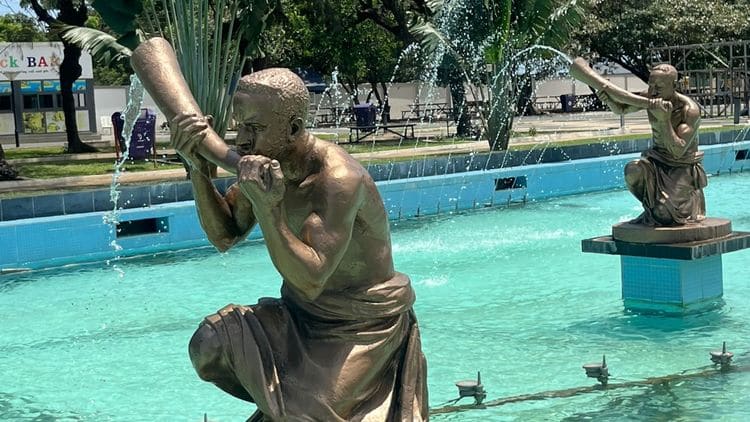
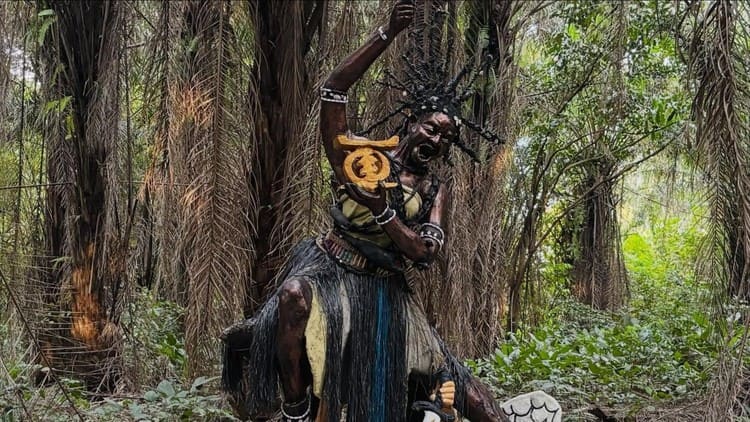


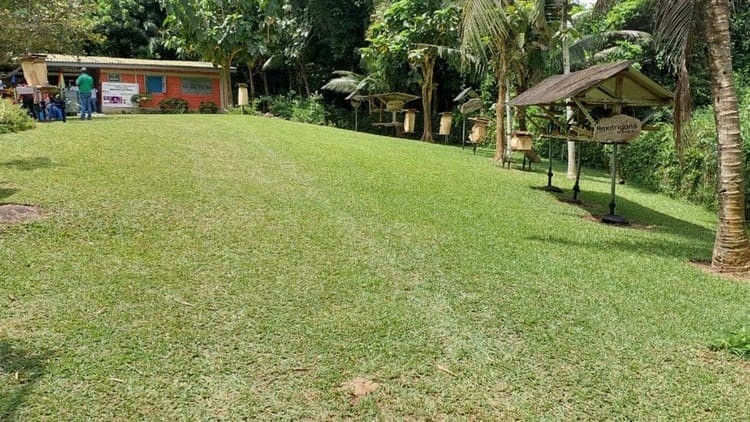
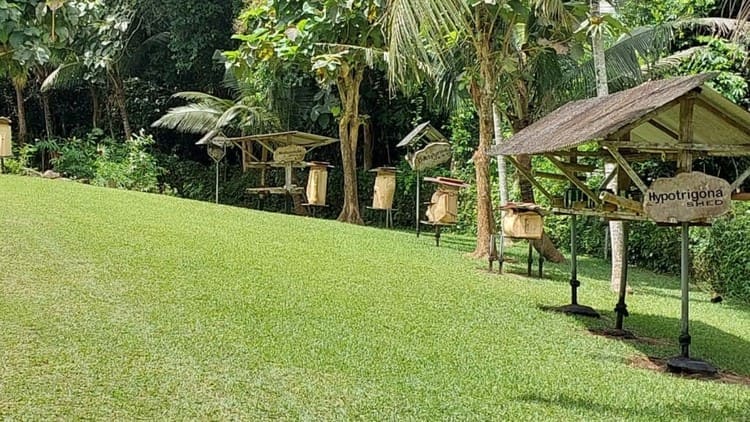
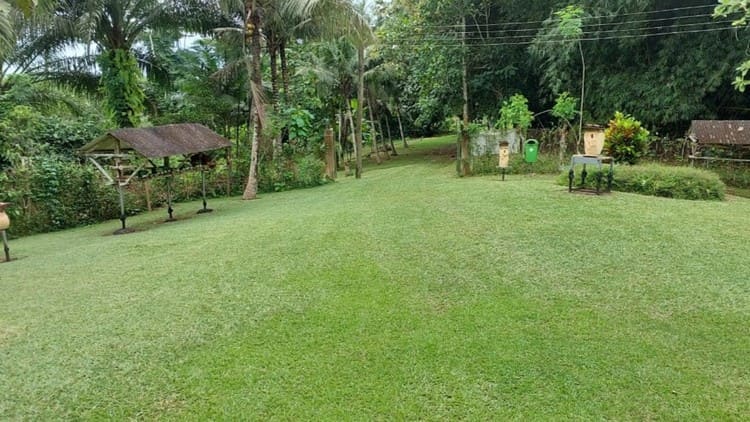
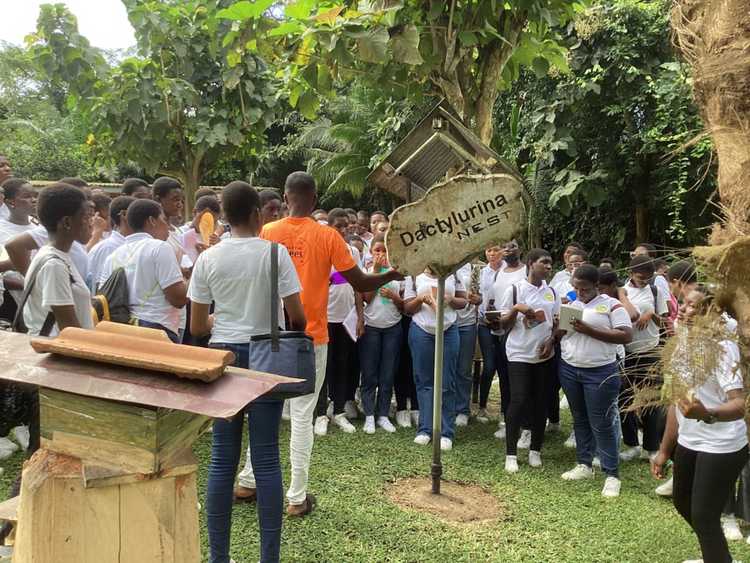
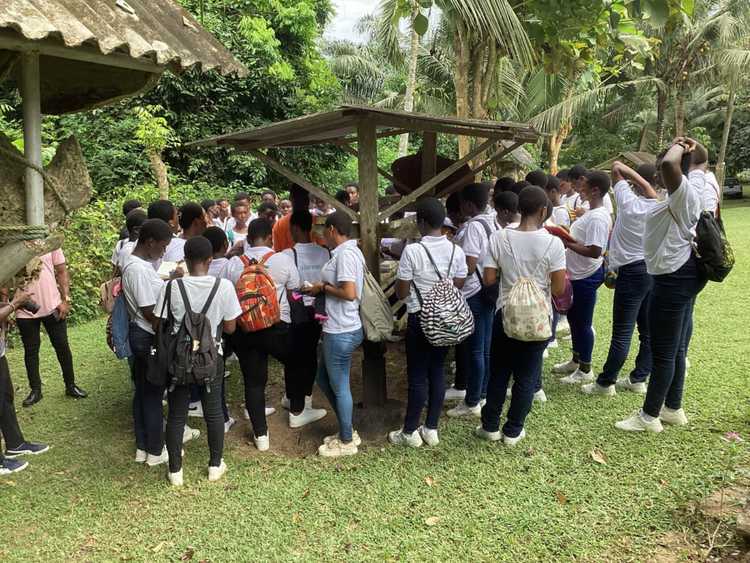
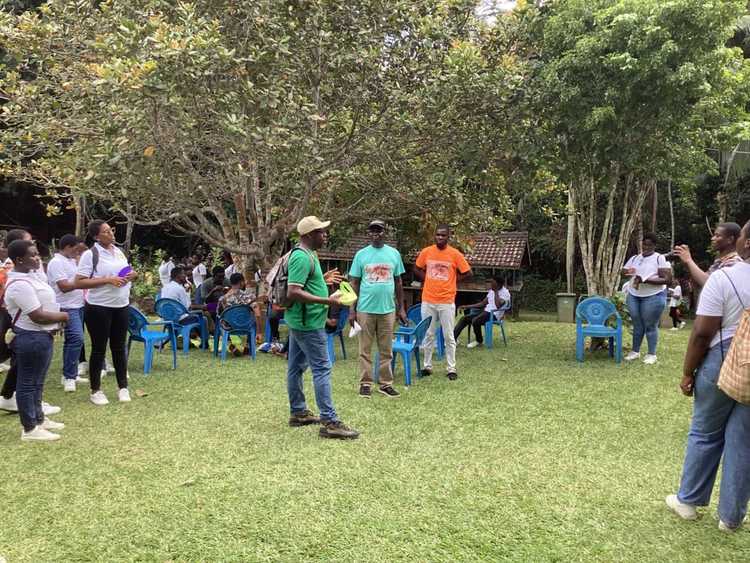


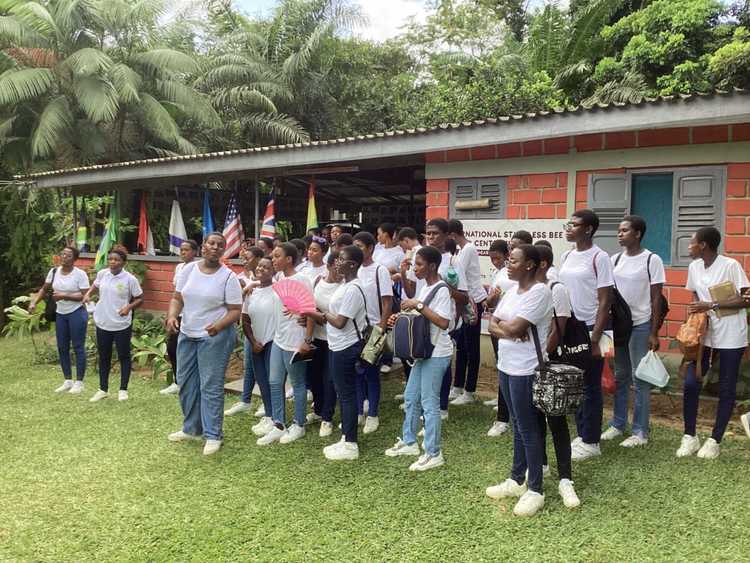
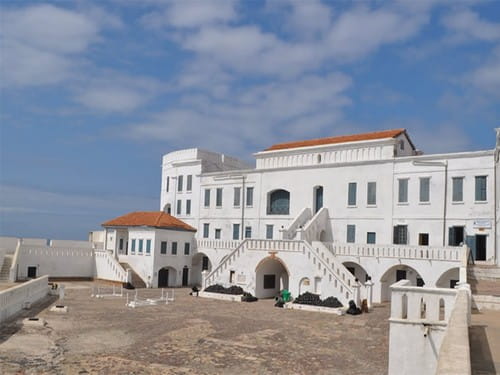
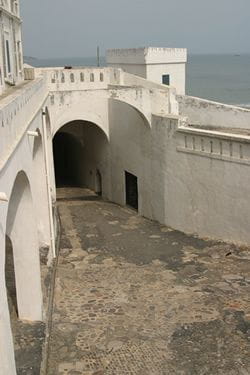

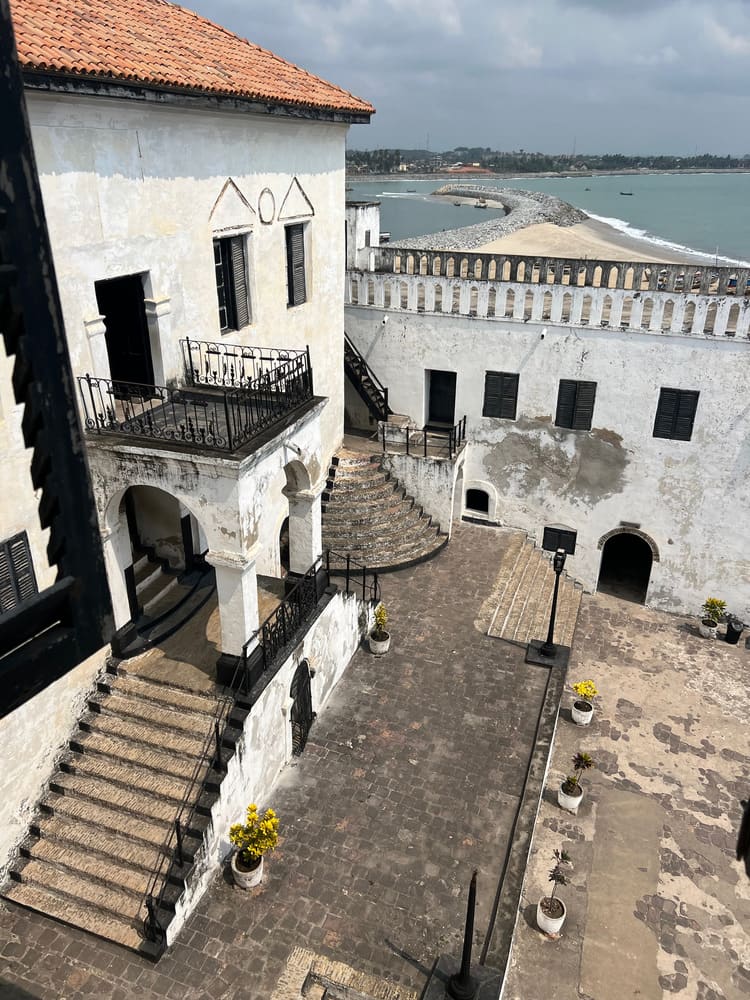
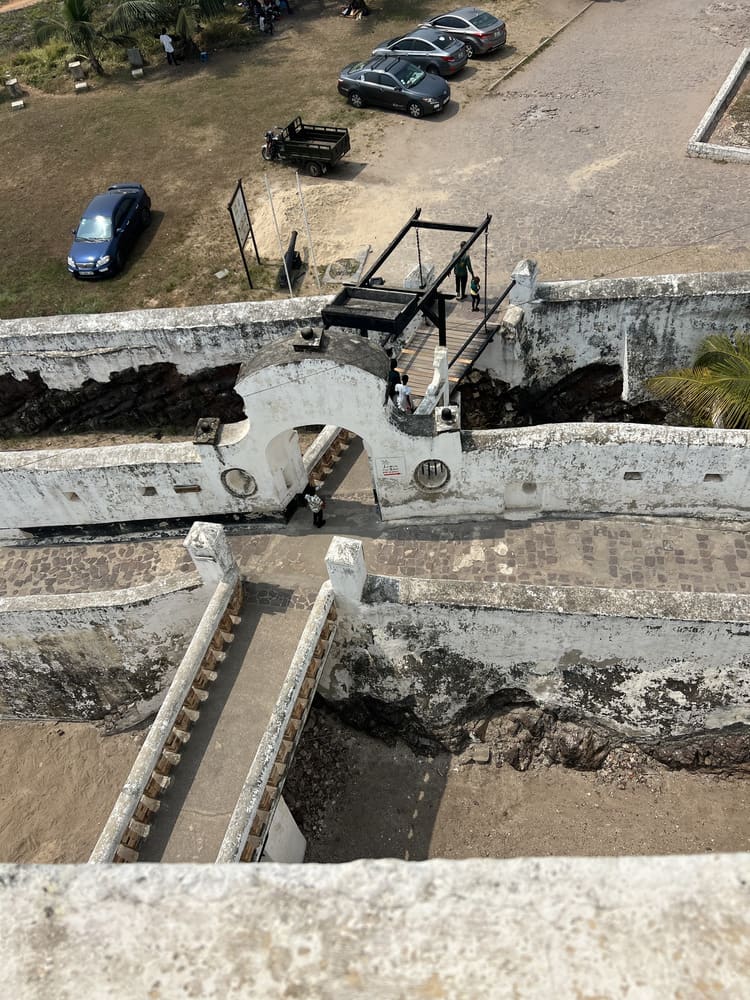
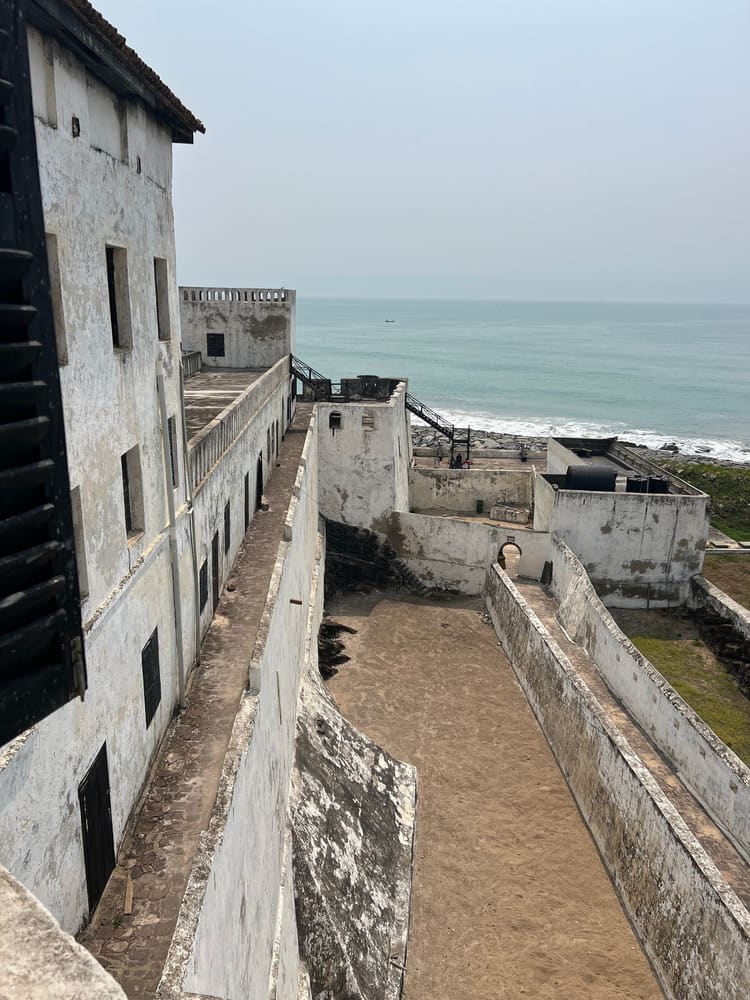

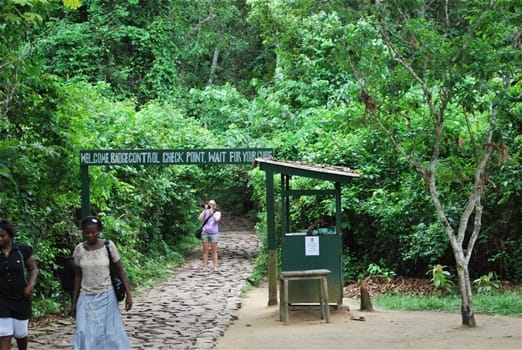
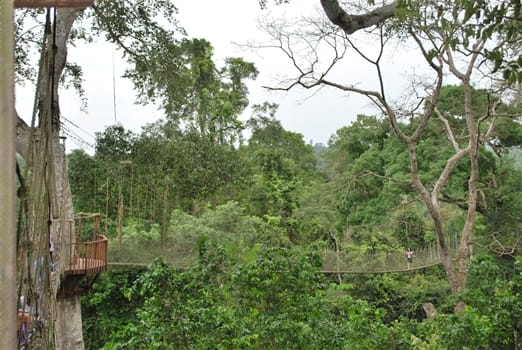










Comments